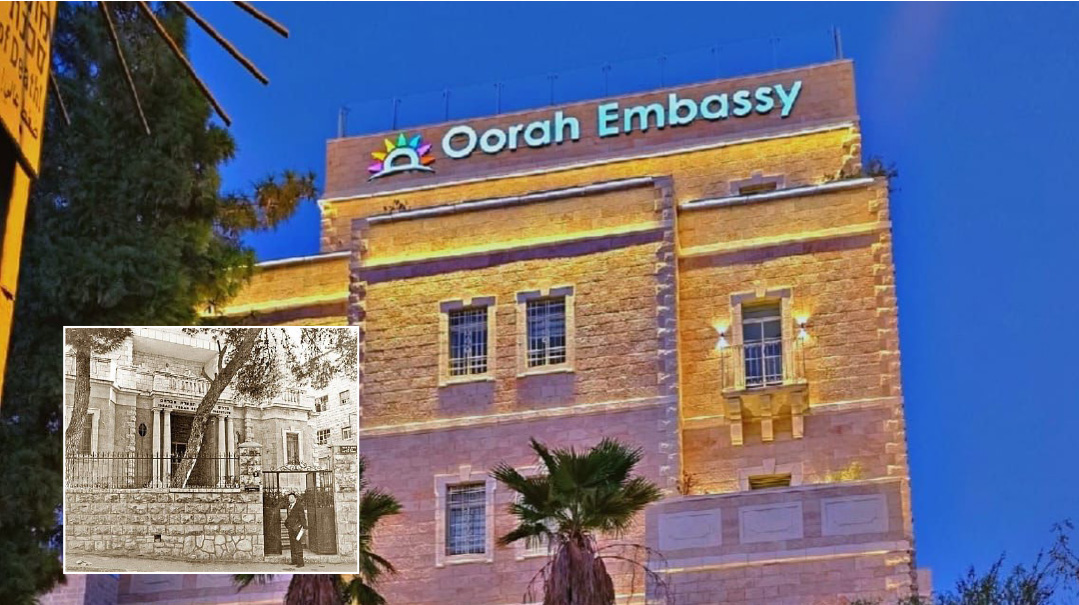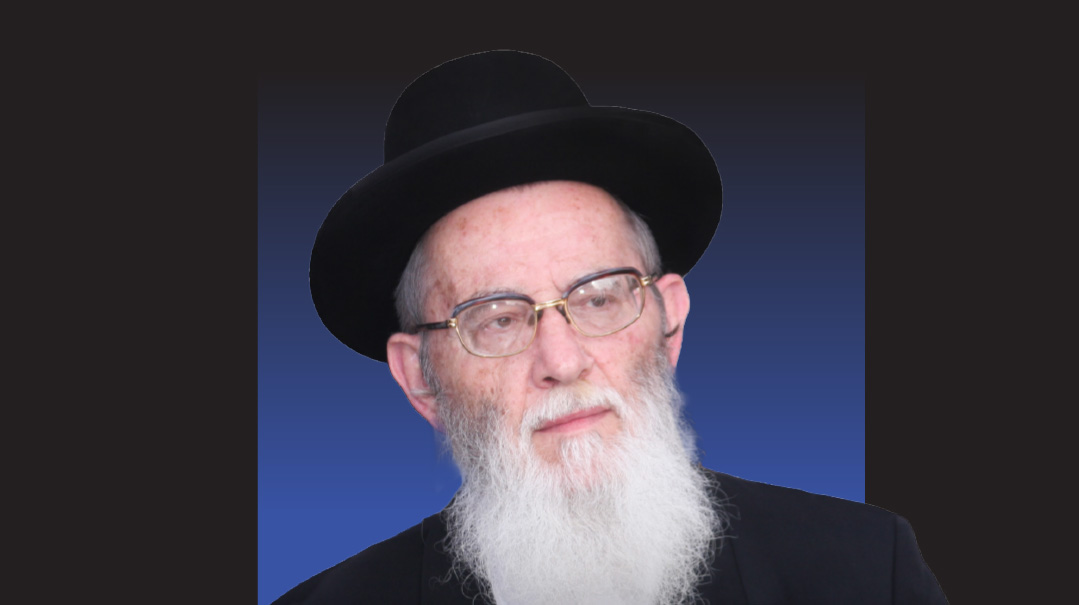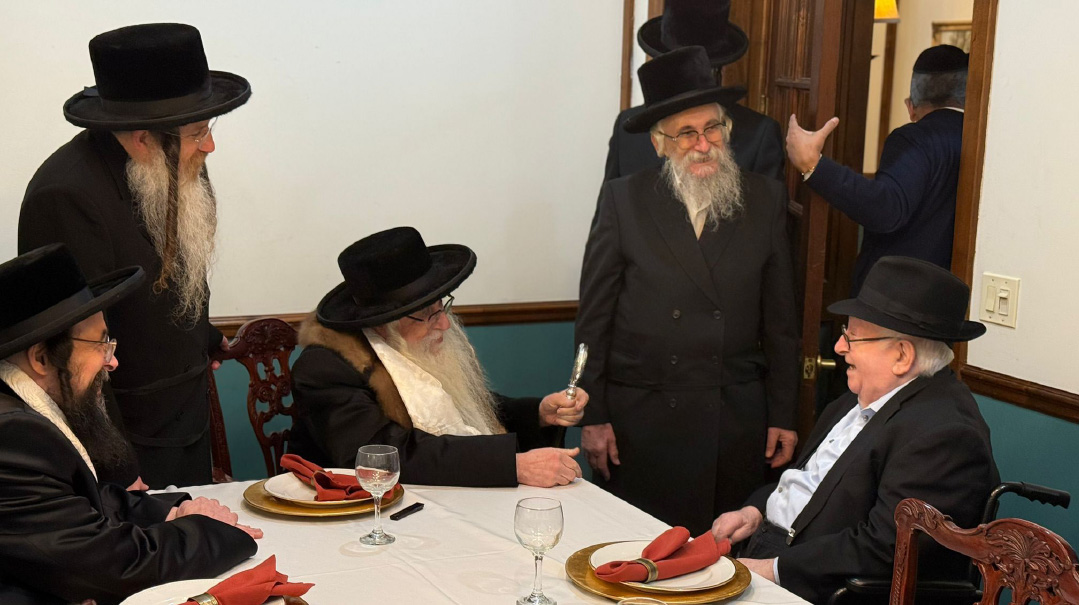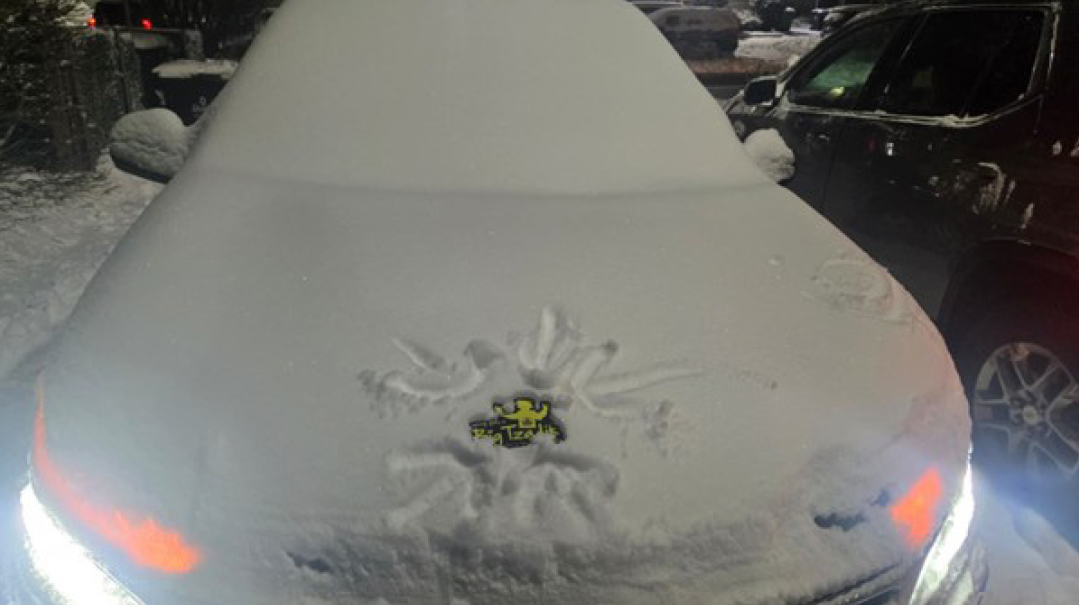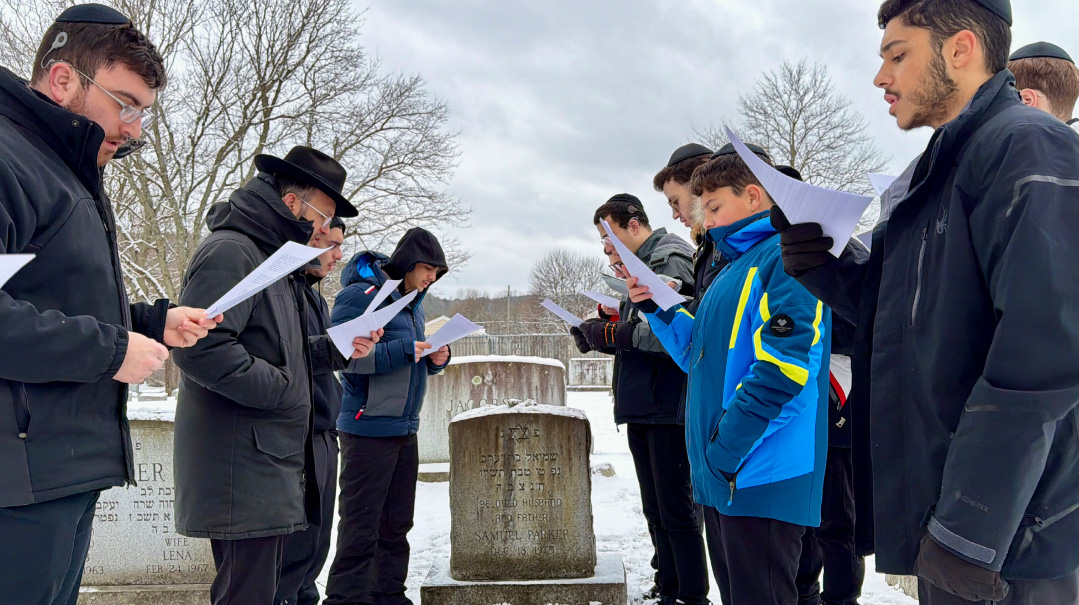The Moment: Issue 991
| December 19, 2023A prominent display of the miracle called Klal Yisrael
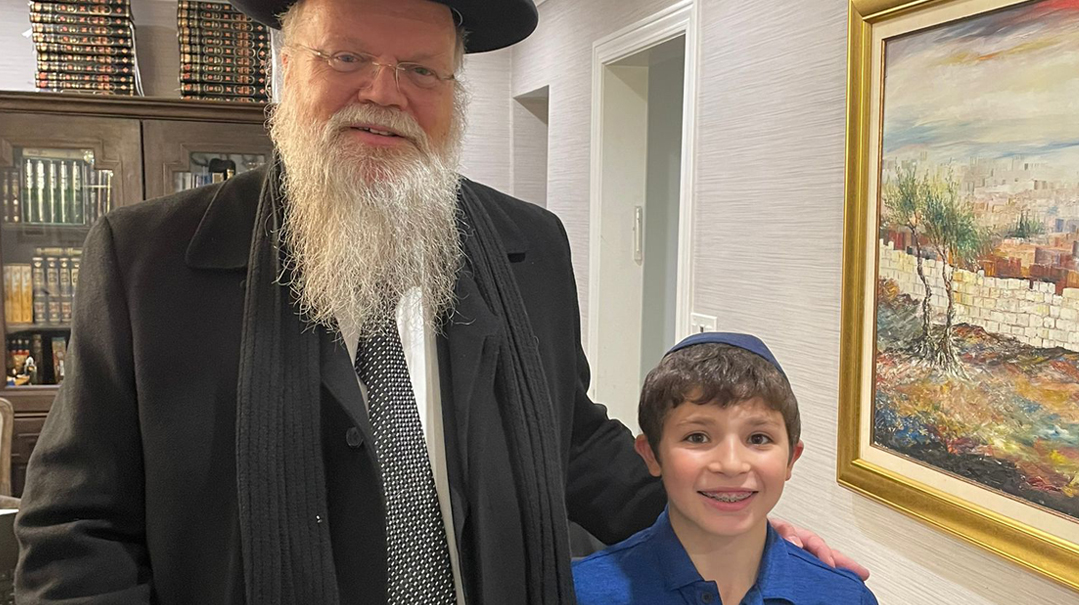
A
riel Counne, a sixth-grade student at Chicago’s Yeshivas Tiferes Tzvi, was excited to win the raffle at the local Avos U’banim and gratefully accepted his prize, a beautiful menorah. Only thing is, as per Sephardic tradition, in Ariel’s family, only the head of the household lights the menorah, leaving Ariel with little use for his gift. At least, that’s what one might think. Ariel disagreed.
“I want to send the menorah to an army base in Eretz Yisrael,” he told his father.
Mr. Jake Counne took his son’s wishes seriously. He approached Rav Dovid Sheck, the rosh yeshivah of Mishkan HaTalmud of Ofakim, who was visiting Chicago at the time. Mr. Counne, who was friendly with Rav Sheck, told him about Ariel’s request, and the rosh yeshivah happily offered to serve as a courier. Ariel handed over the menorah along with a note, introducing himself to whichever soldier received the gift and expressing his thanks for all his sacrifice on Klal Yisrael’s behalf.
Sure enough, a few days later, Ariel received a message that the menorah had been delivered to an army base near Ofakim. Rav Sheck further informed him that the soldiers said they would light the menorah before the whole battalion.
A central component to the mitzvah of hadlakas ner Chanukah is the idea of pirsumei nisa — publicizing the miracle.
The few small lights kindled in Southern Israel cast a glow that seemed to extend all the way to Chicago, Illinois, in a true display of pirsumei nisa.
A prominent display of the miracle called Klal Yisrael.
Hot Plates, Warm Souls

Three weeks ago, Rabbi Yosef Ettlinger of Sanhedria Murchevet learned that 2,500 soldiers had informed their commander that they planned to keep Shabbos.
Reb Yosef and his wife, founders of the organization GoBidud, created to help the community in response to the many challenges resulting from Covid, are no strangers to chesed or the requisite fundraising. More recently, the war galvanized them into action. Currently, they are providing much-needed resources to hundreds of thousands of families of reservists throughout Eretz Yisrael, including Ibei Hanachal, Kfar Eldad, Modiin, and Tzur Hadassah.
Upon learning that thousands of soldiers wished to keep Shabbos, Reb Yosef sprang into action. He quickly facilitated the delivery of 60 hotplates to the base — sponsoring a portion of them — which arrived half an hour before Shabbos. The next week, he called the base commander and introduced himself as the hotplate provider.
“The hotplates have been distributed to three different bases,” the commander informed him. Then he asked, “Would you be willing to come to the base and speak to the soldiers?”
It was arranged that he come on Monday and bring a sefer Torah along so that he could lein for the soldiers prior to addressing them.
Armed with stacks of al hanissim and Shema cards, a special Chanukah message, and, of course, a sefer Torah, Reb Yosef arrived at the base, only to be faced by scores of tanks, charging toward Gaza in a cloud of billowing smoke. Only a few soldiers remained on base, and Reb Yosef shared some divrei chizuk with them before heading back to Yerushalayim.
A few days later, Reb Yosef received a call from the commander. The short speech had been videoed and circulated among the soldiers. Now, 60 soldiers were insisting on wearing kippot before leaving the base — could Reb Yosef work that out?
He could — and did. In short order, stacks of kippot were delivered to the base.
The next request was for Reb Yosef to construct an eiruv around the base. Once again, he got right to work and, with much siyata d’Shmaya, in time for this past Shabbos, an eiruv was successfully erected, challos distributed, and shiurim organized.
Mitzvah goreres mitzvah, we’re taught, one mitzvah leads to another. What began with facilitating hotplates for an army base led to a heightened and enhanced awareness of Yiddishkeit — possibly for thousands of soldiers.
More Than Me
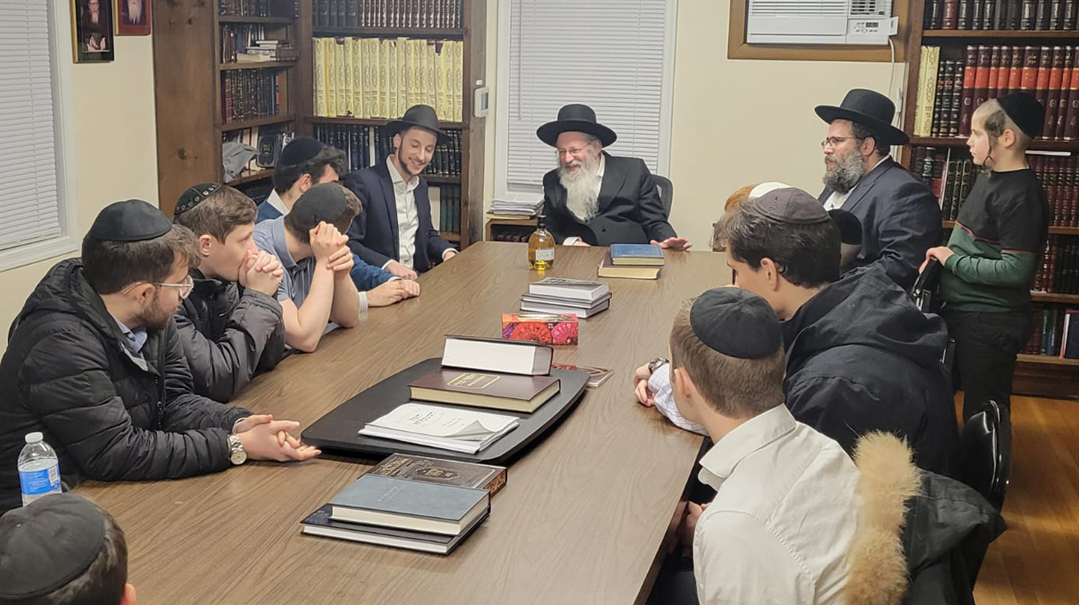
Reb Yosef Ribner is an Olami kiruv professional who trained in Beth Medrash Govoha’s Torah Links program, currently working for Meor JX and Olami Manhattan. When a group of Olami talmidim completed all of Maseches Makkos, he brought them to the home of the Lakewood rosh yeshivah, Rav Malkiel Kotler shlita. A siyum was held and Rav Malkiel gave each mesayem an individual brachah.
Rav Malkiel spoke to the group about Chanukah, the Yom Tov celebrating the mesirus nefesh of a brave select few and their miraculous conquest of a much greater army.
“You all have more mesirus nefesh than me,” the Rosh Yeshivah commented. “I was born into this, you weren’t.”
(Originally featured in Mishpacha, Issue 991)
Oops! We could not locate your form.

